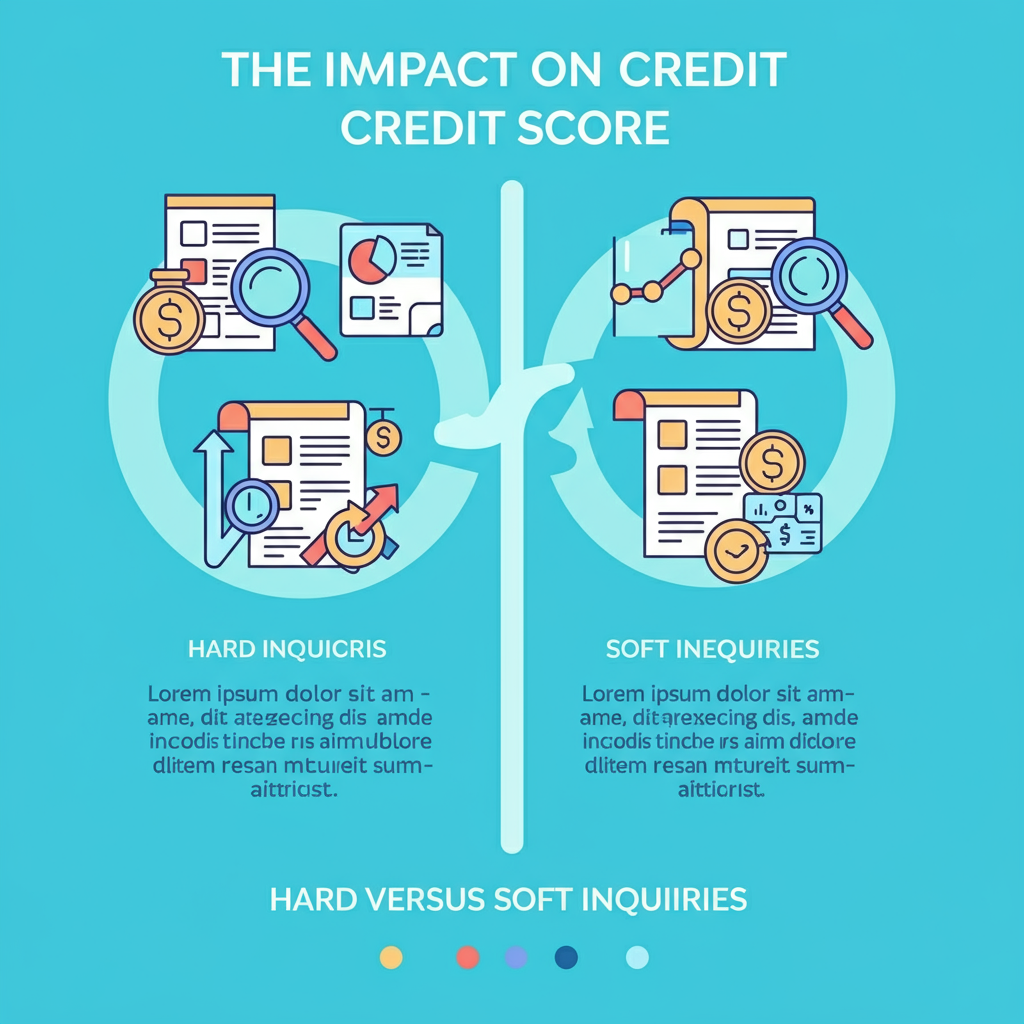Introduction
You’ve been diligently paying your credit card bills on time, and now you’re wondering if asking for a credit limit increase could help you manage your finances better. But then, a question pops into your mind: “Will requesting a credit limit increase hurt my credit score?”
This is a common concern for many people looking to optimize their credit usage. The truth is, the impact of a credit limit increase request heavily depends on how the process unfolds. From hard credit inquiries to changes in credit utilization, there are several aspects to consider.
In this article, we’ll demystify the effects of credit limit increases on your credit score. We’ll explore how credit works, clarify complex concepts like hard vs. soft inquiries, and even share tips to make the request process work in your favor.
By the end, you’ll have a clear understanding of whether asking for that limit boost is the right move for you.
Understanding Credit Scores
Before we can discuss credit limit increases, it’s essential to understand credit scores and why they matter.
What Is a Credit Score?
A credit score is a three-digit number that represents your creditworthiness. Essentially, it tells lenders how risky it might be to lend you money or extend credit. The higher your score, the more favorably lenders view you.
Factors That Influence Credit Scores
Credit scores are determined by several factors. Here’s a breakdown:
- Payment History (35%)
This is the most significant factor. Late or missed payments can tank your score, while a history of on-time payments boosts it.
- Credit Utilization (30%)
This is the percentage of your total credit limit that you’re using. Generally, it’s best to keep this below 30% for a good score.
- Length of Credit History (15%)
The longer your history of using credit responsibly, the better your score.
- Credit Mix (10%)
Having a variety of credit types (e.g., credit cards, installment loans) can positively impact your score.
- New Credit or Recent Hard Inquiries (10%)
Frequent hard inquiries or recently opened accounts can lower your score for a short period.
Understanding these factors lays the foundation for evaluating the potential impact of a credit limit increase request.
Credit Limit Increases The Basics
What Is a Credit Limit Increase?
A credit limit increase is simply a higher ceiling on your credit card’s spending limit. For example, if your current credit limit is $5,000 and your bank approves a $3,000 increase, your new limit would be $8,000.
You can request an increase through your credit card issuer, or they may offer one to you automatically if you’ve demonstrated responsible use of credit over time.
Benefits of Increasing Your Credit Limit
There are several reasons why increasing your credit limit can be beneficial:
- Lower Credit Utilization Ratio
A higher limit means you can utilize a smaller percentage of your available credit, which can boost your credit score.
- More Financial Flexibility
Higher limits provide a safety net for unexpected expenses.
- Potential Perks and Rewards
With a larger limit, you can make more significant purchases and rack up credit card rewards faster.
However, to reap these benefits, it’s crucial to avoid the temptation of overspending.
The Impact on Credit Score Hard Versus Soft Inquiries

One of the most important factors to consider when requesting a credit limit increase is whether it will result in a hard inquiry or a soft inquiry on your credit report.
What Is a Hard Inquiry?
Hard inquiries occur when a financial institution checks your credit report as part of a lending decision. Examples include applying for a car loan, mortgage, or credit card.
Impact on Credit Score: Hard inquiries can lower your score slightly (usually by 5 points or less) and remain on your credit report for up to two years.
What Is a Soft Inquiry?
Soft inquiries, on the other hand, do not impact your credit score. These are typically performed as part of a background check or a pre-approval process.
Do Credit Limit Increase Requests Trigger a Hard or Soft Inquiry?
The answer is both.
- Hard Inquiry: If the issuer needs to perform a comprehensive credit check to approve your request.
- Soft Inquiry: If the issuer can evaluate your eligibility using existing account history without pulling a full credit report.
To find out which type of inquiry your Request will trigger, check with your bank or issuer in advance.
Factors That Affect the Impact
The actual influence of a credit limit increase on your score depends on:
1. Your Current Credit Utilization
If your utilization is high (above 30%), a credit limit increase can lower your ratio and boost your score.
2. Your Payment History
A strong payment history makes you a good candidate for an increase, which could help you avoid a hard inquiry.
3. How Often You Request Changes
Frequent requests can lead to repeated hard inquiries, which may negatively impact your score.
4. Issuer Policies
Each issuer has its own criteria for handling credit limit increases. Some rely solely on account history, leading to a soft inquiry, while others prefer hard inquiries.
Understanding these factors helps you strategize your request for minimal impact.
Real-Life Examples of Credit Limit Increase Outcomes
To make this more relatable, here are a couple of examples:
Jane’s Success Story
Jane had a credit utilization rate of 40% and wanted to improve her score. She requested a credit limit increase from her issuer, who performed a soft inquiry. Her limit went from $5,000 to $8,000, lowering her utilization rate to 25%, and her credit score increased by 15 points.
Mark’s Hard Inquiry
Mark applied for a credit limit increase but didn’t check if it would result in a hard inquiry. Unfortunately, he was denied due to insufficient income, and his credit score dropped by 5 points due to the hard pull.
These examples show why it’s important to be strategic with your requests.
People Also Ask
Does a credit limit increase always require a hard inquiry?
No, it depends on the issuer. You can ask if they can evaluate your account without a hard inquiry.
Will increasing my credit limit hurt my credit score?
Not directly. It might help if it lowers your utilization, but frequent hard inquiries can temporarily lower your score.
How often should I request a credit limit increase?
Requesting once a year is a good rule of thumb to minimize the risk of multiple hard inquiries.
Can I request a credit limit increase with bad credit?
Yes, but approval depends on factors like your income and payment history.
Are there fees for increasing a credit limit?
No, credit card issuers typically do not charge fees for credit limit increases.
Making the Most of Your Credit Limit
A credit limit increase can be an excellent tool for improving your financial health when used responsibly. By understanding its impact on your credit score and making strategic requests, you can enjoy the benefits without unnecessary risks.
Are you considering a credit limit increase? Start by contacting your issuer to learn about the process and what type of credit inquiry it will involve!
